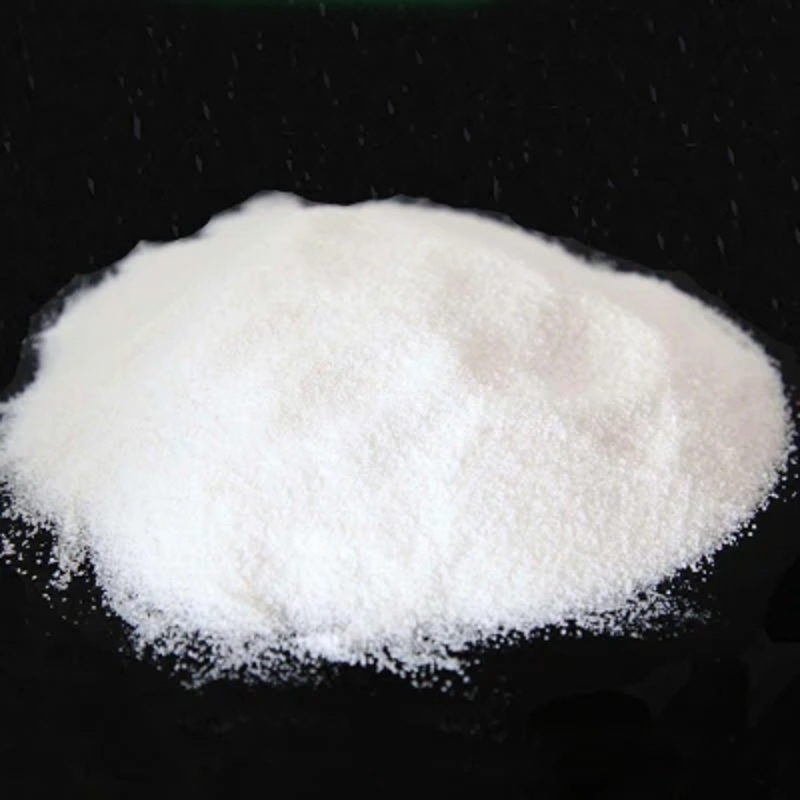Chinese scientists have discovered a new anti-aging target gene
-
Last Update: 2021-03-04
-
Source: Internet
-
Author: User
Search more information of high quality chemicals, good prices and reliable suppliers, visit
www.echemi.com
scientists in China have revealed the principle of aging from the nervous system and genes, and discovered BAZ2B, a new anti-aging target gene, which provides a new theoretical basis for delaying brain aging. In the early hours of February 27th, the results of the study were published online in nature, an internationally renowned academic journal, under the title "Two Conservative Supergenetic Regulatory Factors Hinder Healthy Aging".
The study was conducted in collaboration with the china
Brain Science and Intelligent Technology Innovation Center (Neuroscience Research Institute), the Shanghai Brain Science and Brain Research Center, and the Cai Shiqing Research Group, a national key laboratory for neuroscience, and the Jiang Lubin Research Group of the Pasteur Institute in Shanghai, China
aging is the physiological process by which organisms gradually degrade over time and eventually die, and is the biggest risk factor for chronic diseases such as Alzheimer's disease, cancer, diabetes, etc.
Scientists have now found that there are hundreds of genes that can extend life, however, The Cai team found in earlier studies that longevity genes do not necessarily delay the degradation of animal behavior during aging, and that improving neurotransmitter can improve behavior in older animals.
On this basis, Cai Shiqing Research Group and Jiang Lubin Research Group, combined with the beautiful hidden rod nematodes, mice two models of animal and human brain gene expression database, looking for anti-aging target genes, and finally found that BAZ-2 and SET-6 two omenogenetic genetic regulatory factors are located in the key nodes of the aging regulatory network, and mainly expressed in the nervous system.
the same genes as BAZ-2 and SET-6 are BAZ2B and EHMT1, respectively. The researchers found that in the human brain, the expression of BAZ2B and EHMT1 increased with aging, positively associated with the progression of Alzheimer's disease. In addition, reducing the function of BAZ2B can improve the cognitive function of older mice.
as an energy plant for cells, mitochondrial function decline is an important cause of tissue function degradation. The study further found that reducing THE FUNCTION of BAZ-2/BAZ2B and SET-6/EHMT1 improved mitochondrial function in the brains of the worms or mice, which in turn enabled older moths/mice to maintain higher behavioral abilities. "And there was a significant negative correlation between THE expression of BAZ2B and EHMT1 in the brains of Alzheimer's patients and the expression of key proteins in mitochondrials, suggesting that BAZ2B and EHMT1 can also regulate mitochondrial function in the human brain."
Cai also said the current study is limited to the results available in the database of worms, mice and references to the human brain. "Given the large species differences between model organisms such as humans and mice, there is a great deal of uncertainty as to whether these studies can be applied in humans."
This article is an English version of an article which is originally in the Chinese language on echemi.com and is provided for information purposes only.
This website makes no representation or warranty of any kind, either expressed or implied, as to the accuracy, completeness ownership or reliability of
the article or any translations thereof. If you have any concerns or complaints relating to the article, please send an email, providing a detailed
description of the concern or complaint, to
service@echemi.com. A staff member will contact you within 5 working days. Once verified, infringing content
will be removed immediately.







